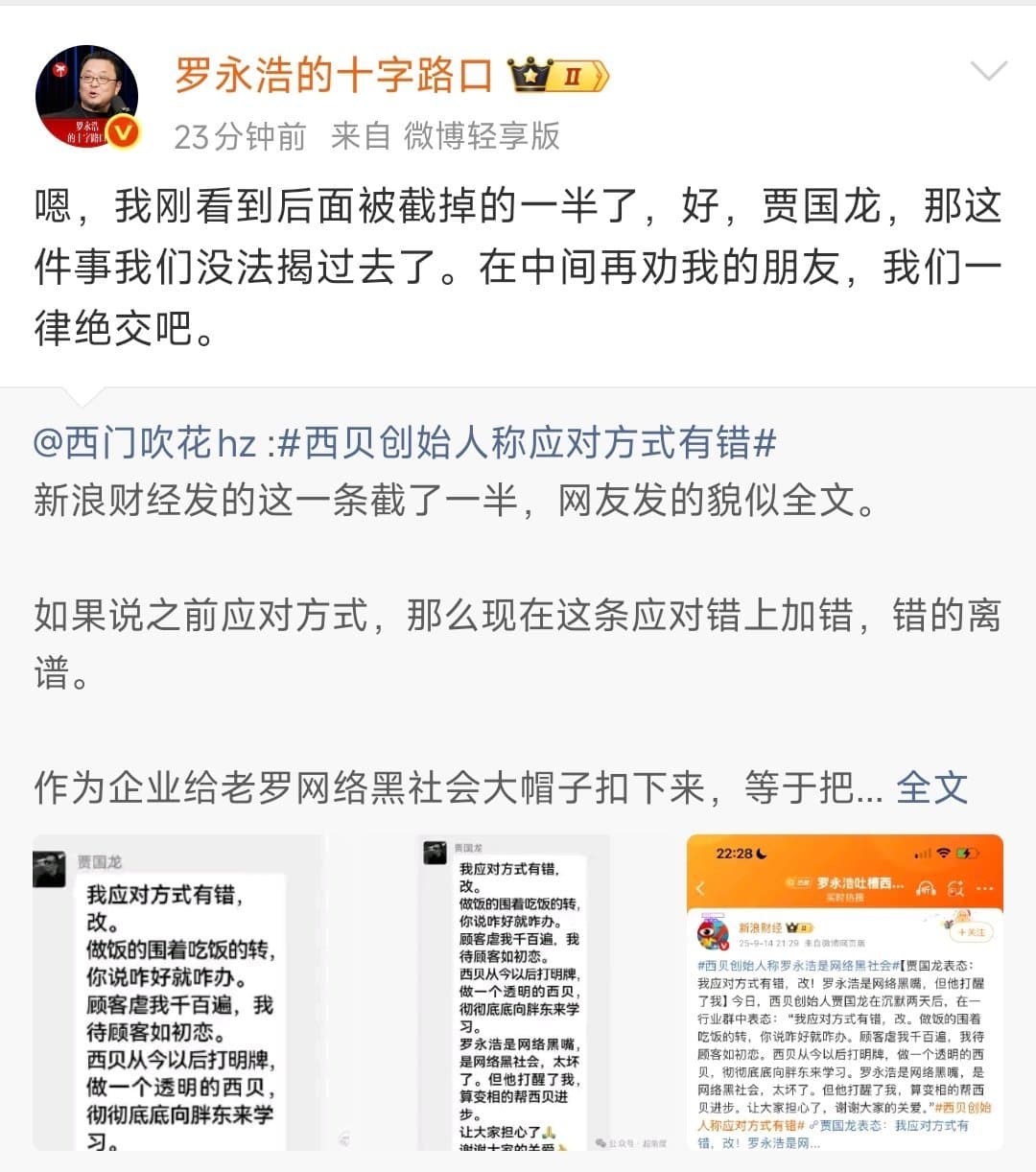China's Population Falls for First Time in Nearly Six Decades
Population Falls in China: 1.06 Million Decline in 2022

17 January 2024
China's population has fallen for the first time in almost six decades, by 1.06 million, according to official data. The end of a 36-year-long trend of growth marks a significant moment for the world's second-largest economy. The total population stands at 1.41 billion, but the number of people over the age of 65 increased by around 10 million in 2022. Only one child made it to adulthood for every two people who died.
Discussing the situation, one Weibo user noted that the decline in birth rates had led to the closure of many human sperm banks. This was met with criticism from another user who argued that making it easier for single women to access sperm banks would encourage them to have babies. This, they argued, could decrease the stigma associated with having a child outside of traditional marriage and help to address the issue of infertility.
The topic of funding has been raised: "Now we're talking about children and families, but when we talk about funding, there's a lot of opposition. People don't want to pay more taxes," one person commented. "The money has to come from somewhere, it has to be shifted from one person to another."
Another Weibo user also discussed the issue of funding, noting that the Chinese government has struggled to agree on how to provide financial support for parents. "It's not just a problem with money, but also a problem of who pays and how to allocate funds," they said.
Another user pointed out the importance of creating a supportive environment for potential parents in order to encourage them to have children. "The government needs to support parents, providing money and other resources to make it easier for them to have kids," they said.
More radical solutions have also been suggested, with one user proposing that the government should consider introducing incentives for couples to have children, such as tax credits, housing subsidies, or cash payments.
The issue of mental health has also been raised by some Weibo users. One person noted that the pressure to have children can be a significant factor in why some people decide against having children. "It's a huge responsibility and can be very stressful," they said.
The role of social media in shaping public opinion on population decline has also been discussed. One Weibo user noted that "millions of people can now use social media to discuss and argue about these issues," while another pointed out that social media can be a source of information and support for those struggling with fertility issues.
China's government has been criticized for not doing enough to address population decline. "The government needs to take decisive action to address this issue," one Weibo user said. "Otherwise, it will have serious consequences for the country's future."
Overall, it seems that there is no easy solution to the issue of population decline in China. The situation is complex and multifaceted, and requires a combination of government policy, public education, and social support to address it effectively.
Share this article
Related Articles

Xi Jinping Elevates Cybersecurity to Core National‑Security Pillar, Driving China’s Quest for a Cyber Superpower
By Trending on Weibo
News & Politics
15 Sept 2025

Luo Yonghao vs. Xibei: Celebrity Entrepreneur Sparks Media Storm Over Pre‑Made Dishes and Calls for Transparency
By Trending on Weibo
News & Politics
15 Sept 2025

Weibo Celebrates Autumn Harvest as China’s Fields Become the Nation’s Most Beautiful Canvas
By Trending on Weibo
News & Politics
15 Sept 2025
China Enacts First Comprehensive Rental Regulations to Legalize and Stabilize the Rental Market
By Trending on Weibo
News & Politics
15 Sept 2025

Beijing’s Weather Emerges as a Barometer for China’s Climate Policies and Public Life
By Trending on Weibo
News & Politics
13 Sept 2025